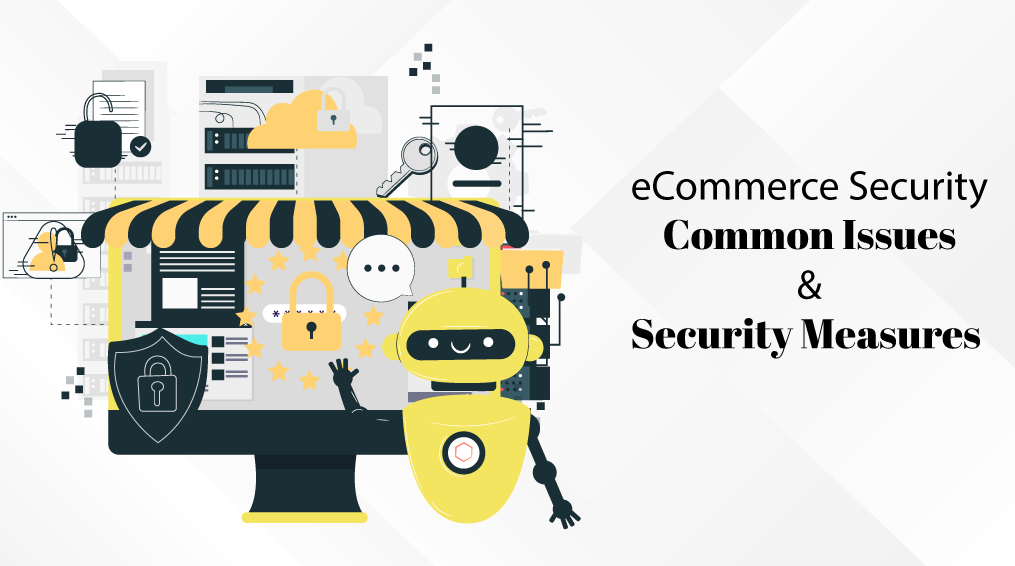eCommerce Security: Common Issues & Security Measures
What is eCommerce or electronic commerce security?
eCommerce security is the guideline that ensures safe transactions through the internet. It consists of protocols that safeguard people who engage in online selling and buying goods and services. You need to gain your customers’ trust by putting in place eCommerce security basics. Such basics include:
- Privacy
- Integrity
- Authentication
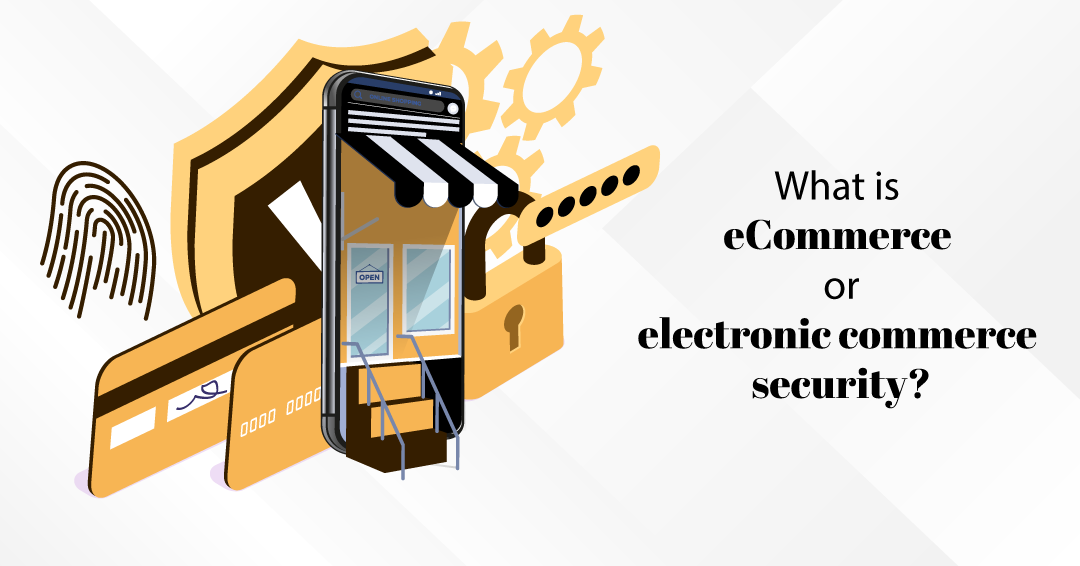
Privacy
Privacy contains controlling any activity that will lead to the sharing of consumers’ data with unauthorized third parties. Apart from the online seller that a consumer has selected, no one else should access their details and account details.
A violation of confidentiality appears when sellers let others have access to such information. An online business should put in place at least a necessary minimum of anti-virus, firewall, encryption, and other data protection. It will go a long way in protecting credit card and bank details of clients.
Integrity
Integrity is another significant concept of eCommerce Security. It means securing that any information that customers have shared online remains unaltered. The principle states that the online business is utilizing the consumers’ information as given, without changing anything. Changing any part of the data causes the shopper to renounce confidence in the protection and goodness of the online business.
Authentication
The principle of authentication in eCommerce security needs that both the seller and the consumer should be real. They should be who they say they are. The company should demonstrate that it is real, deals with authentic items or services, and delivers what it pledges. The customers should also provide their evidence of originality to create the seller feel secure about the online transactions. It is feasible to provide authentication and identification. If you are unable to do so, hiring an expert will help a lot. Among the standard solutions include consumer logins information and credit card PINs.
Common Ecommerce Security Issues
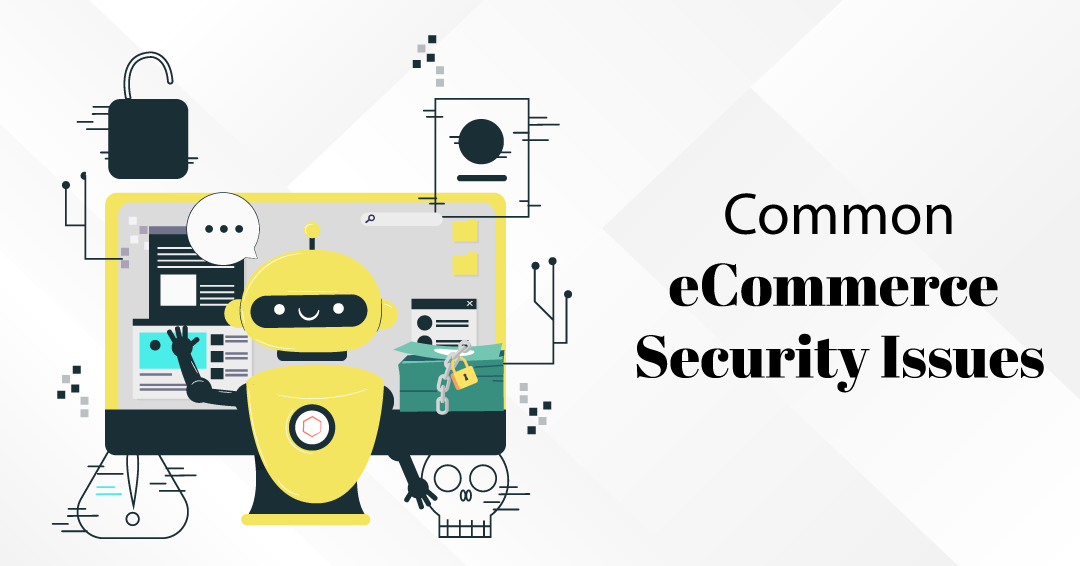
Financial Frauds
Financial fraud has plagued online businesses since its beginning. Hackers create unauthorized transactions and brush out the trail costing businesses substantial amounts of casualties.
Some fraudsters also file appeals for fake rebates or returns. Refund fraud is an ordinary financial fraud where companies reimburse illegally obtained products or harmed interests.
For instance, Jimmy selects to capitalize on dishonest activities. He comprehends that familiar fraud is an effortless medium where he can purchase an item, utilize it, and then repay it to earn his money back, so he does it!
Spam
Where emails are comprehended as a powerful medium for higher sales, it also stays one of the favorably utilized mediums for spamming. Nevertheless, remarks on your blog or contact forms are also an open invitation for online spammers who leave infected links to damage you. They often send them via social media inbox and stay for you to click on such statements. Furthermore, spamming not only impacts your store’s safety, but it harms your store speed too.
Bots

Bots, either good or bad, are all over the world wide web. Search engines such as Bing and Google utilize useful bots for indexing search outcomes. On the other hand, some hackers utilize hostile bots for collecting data such as product data, inventories, and pricing data. These bots are also competent in accessing the database of an eCommerce store and listing the logins of user accounts.
Phising
eCommerce stores are also inclined to phishing scams sent by known or unknown people in form of emails. These scams concentrate on targeting significant user data like credit card numbers and login credentials. An attacker may utilize a scheme known as social engineering to attract online buyers to give out their personal information. When transmitted in an email to an online buyer, a phishing scam may include a link to a hostile store that reaches an eCommerce store.
Brute Force Attacks
These invasions target your online store’s admin panel in an endeavor to figure out your password by brute-force. It utilizes programs that demonstrate a connection to your store and utilize every possible combination to break your password. You can defend yourself against such invasions by utilizing a substantial, complicated password. Do recall to modify it regularly.
SQL Injections
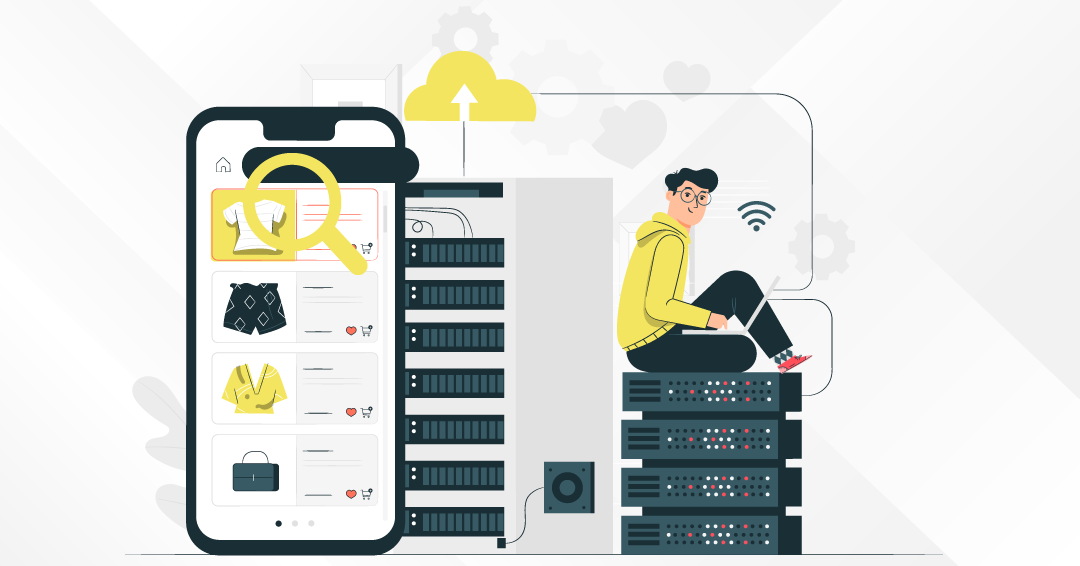
SQL injections are cyber-attacks planned to access your database by targeting your query recommendation forms. They infiltrate hostile code in your database, manage the data and then delete it later on.
Malware, viruses, and online frauds
These problems cause losses in finances, market shares, and reputations. Further, the customers may open criminal expenses against the company. Hackers can utilize worms, viruses, Trojan horses, and other hostile programs to infect computers and computers in many additional ways. Worms and viruses infect the systems, multiply, and spread. Some hackers may hide Trojan horses in affected software, and begin infections once the users download the software. These fraudulent programs may:
- hijack the systems of computers
- obliterate all data
- block data access
- forward hostile links to customers and other computers in the network.
Uncertainty and complexity in online transactions
Online shoppers face uncertainty and complexity during required transaction activities. Such activities contain payment, conflict explanation, and delivery. During those points, they are possible to drop into the hands of fraudsters.
Businesses have improved their clarity levels, such as expressing the point of contact when a problem appears. However, such efforts often fail to reveal fully the collection and use of personal data.
eCommerce store security measures to cover you 24/7
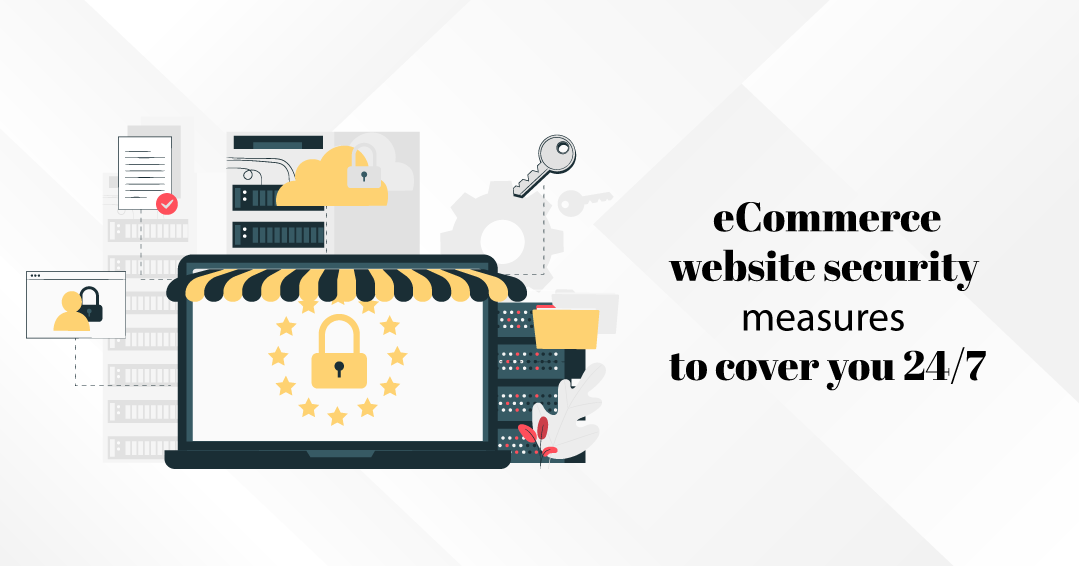
Use Multi-Layer Security
It is useful to employ different security layers to strengthen your security. A Content Delivery Network (CDN) that is general can block DDoS dangers and transferable incoming traffic. They utilize machine learning to support hostile traffic at bay.
You can go forward and consolidate in an additional security layer, such as Multi-Factor Authentication. Two-factor authentication is a suitable standard. After the user enters the login information, they immediately obtain an SMS or email for additional actions. By executing this step, it blocks fraudsters as they will need more than just usernames and passwords to access the legit users’ accounts. Regardless, hacking can still happen even if an MFA is in business.
Get Secure Server Layer (SSL) Certificates
One of the immediate uses of SSL Certificates is to encrypt susceptible data shared across the internet. It provides that the data comes only from the planned person. It is an extremely important step because all data sent will pass through multiple computers before the destination server accepts it.
If SSL certificate encryption is absent, any electronic device between the sender and the server can access acute details. Hackers can thus bring the benefit of your uncovered passwords, usernames, credit card numbers, and other information. Therefore, the SSL certificate will arrive at your support by completing the data illegible to forced users.
Use Firewalls

Another effective eCommerce advice is to utilize firewall software and plugins that are pocket-friendly yet useful. They hold untrusted networks at bay and control traffic that joins and exits your store. It presents demanding permeability and only allows trusted traffic in. They also protect against cyber threats such as SQL injections and cross-site scripting.
eCommerce Security Plugins
Security plugins are an easy way to implement security protection in your store. They defend against bad bots, SQLi, XSS, code injections, and hundreds of other powerful attacks. One of the most secure, easy-to-implement, feature-rich security plugins. It allows automatically secures your store and effectively patch software by containing hostile demands from ever coming to your store.
Backup Your Data
Data misplacement due to hardware malfunction or cyber-attacks is not unique. And if you don’t back up your data regularly, you are in danger of losing it for good. You should do it yourself and not authorize anyone else to do it for you. Operate an automatic backup service so that even if you fail to do it manually, all your data will be backed up automatically.
You can move one step distant and make a copy of the backup, so you will have a contingency strategy attainable if you fail your original backup. Another alternative is to prefer a controlled eCommerce web hosting service that automatically makes backups for you.
Anti-Malware Software
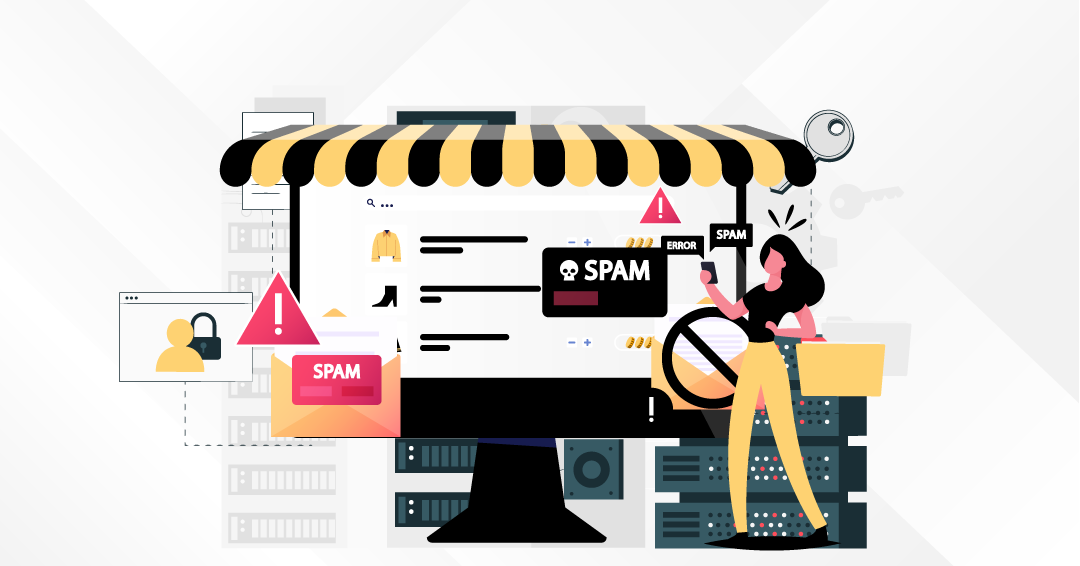
Hackers can utilize stolen credit card information to place orders from anywhere in the world. An antivirus or anti-fraud software can support you with this heavy eCommerce issue. They utilize sophisticated algorithms to flag any hostile transactions to support you can bring further action. They supply a fake risk score which can allow owners to decide if a specific transaction is legitimate.
Keep your admin dashboard secure.
Most eCommerce platforms reach with default passwords that are ridiculously comfortable to think. And if you don’t adjust them you are revealing yourself to preventable hacks. Utilize complicated password(s) and usernames and alter them repeatedly.
You can go one step further and create the panel notify you every time an unknown IP attempts to log in. These easy steps can immensely enhance your web store’s security.
Always make a copy of the database
You have to take a backup of your database and save it into a secure folder. So, you can revert your eCommerce store if you’re losing your data.
Conclusion
It is a smart strategy to be conscious of the dangers that are current in your primary circumstances online. You should also be conscious of how you can save yourself from these eCommerce dangers and be ready for them.
As we’ve specified before there’s no room for blunders. One essential failure will command you your business. Therefore, the best strategy is to support eCommerce security as much as you finance in its marketing or web design. It would be money well expended!
Born Techies –Digital Commerce agency offers Shopify, Shopware, Magento, and Bigcommerce development with the latest technologies.
Do you want to receive a free consultation about how to optimize your store and generate more sales? Reach us out at [email protected] or contact us, and we will be more than happy to help you out.

